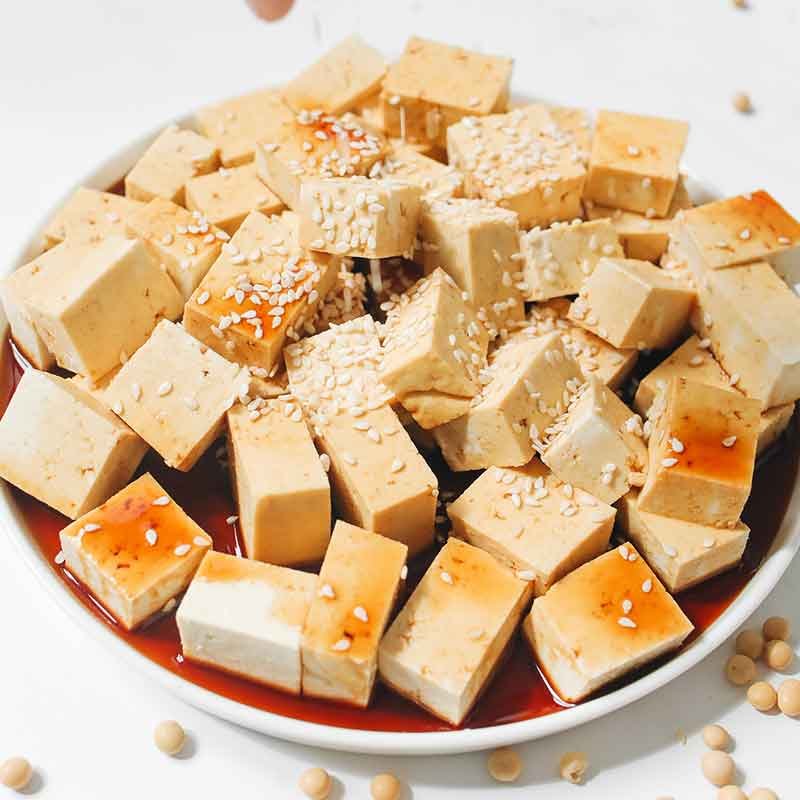Monsoons are here in the full bloom and whilst rain can make a lot of things better, it can play havoc on your immune system. This is because the damp and humid weather is a perfect environment for microbes to grow and thrive.And in such scenario, it is always better to stick to prevention than looking for cure for monsoon- borne diseases such as cold, flu, fever, rashes and others. Since you are also more prone to bloating and indigestion during this season, it is important that you work on your metabolism as well.
Here’s how you can build on immunity during monsoons:
Vitamin C-rich foods

Vitamin C is known to strengthen your immune system in more than one ways. It enhances the function of phagocytes (killer cells that fight off infectious agents). Vitamin C increases the production of immune-boosting lymphocytes. It is found in all citrus fruits, lemon, lime, green and red bell peppers, Brussels sprouts, broccoli, leafy greens, and tomato.
Vitamin D

Vitamin D has a great reputation of boosting our immune system. It is also called Sunshine Vitamin. It can modulate the innate and adaptive immune response. A deficiency of vitamin D can make you more prone to common infections. Optimum ingestion of vitamin D is associated with a lower risk of respiratory infections and its deficiency can compromise immune functioning. To get your vitamin D, inculcate fatty fish, dairy products, and egg yolks in your diet. It is also found in mushrooms, and fortified veg/ vegan products. Also, don’t forget to bask in some sunlight in the morning as it activates Vitamin D obtained from the diet.
Omega- 3 fatty acids

The essential omega-3 fatty acid is not just to boost your brain and heart health, but it also plays a pivotal role in strengthening your immune response. Typically found in fatty fish, walnuts, flaxseed, chia seeds, and plant oils- it works by enhancing the activity of white blood cells that further fight off harmful bacteria/viruses. The omega-3 fatty acid can also reduce inflammation (anti-inflammatory property) thereby speeding the recovery process after you catch an infection.
Protein-rich foods

Although a balanced diet is what you need for a healthy immune system, but protein as a macronutrient plays a key role in determining the strength of your immune response. Important immune cells like phagocytes, lymphocytes, and cytokines are made up of protein. Arginine (a type of amino acid) can enhance the cellular immune response. Protein is also a part of antibodies that are a key component of a healthy immune system as it helps to resist infection and recover better. Protein can be obtained from various food sources like soy, dairy products, lean meat, eggs, legumes, lentils, whole grains, nuts, and seeds.
Antioxidants-rich foods

The primary function of antioxidants is to destroy free radicals that are produced in the body during day to day activities like eating, exposure to the environment, and stress. Antioxidant ingestion can significantly improve the immune system especially beta-carotene, vitamin C, vitamin E, carotenoids, lycopene, selenium, and manganese. Coloured foods such as fruits and vegetables are the best ways to consume antioxidants.


